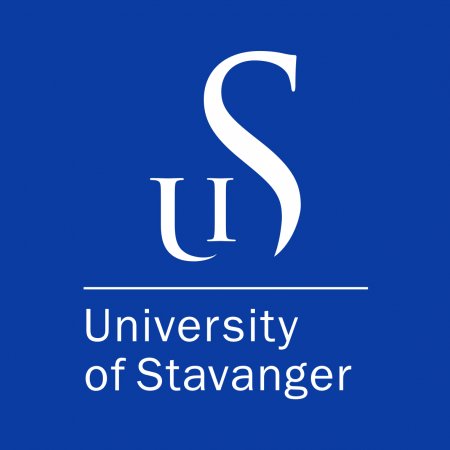Master’s Degree Programme in Performing Arts
Practical artistic work is essential in the master's programme and emphasis is placed on creativity and innovation. As a student, you will acquire knowledge through lessons, supervision and independent study. Your self-defined master's project is the axis of the programme around which everything else revolves. By specialising in this, you will gain a solid foundation for developing a personal artistic expression and profile and the ability for independence and professional reflection.
Our three different subject areas give us the opportunity to operate across artistic expressions in dance and music. This is reflected in both working methods and the structure of courses. You will meet fellow students in the Master's Forum where you present to each other and receive impulses from outside via guest lecturers. You will also work on joint artistic processes in Multi-Artistic Lab. Furthermore there are opportunities for joint performance and community outreach projects in collaboration with external partners or as a student-driven activity.
But first and foremost, you will experience a discipline-based professional concentration in the programme. In addition to providing supervision by its own academic community, the faculty also facilitates meetings with Norwegian and foreign guest teachers through projects, master classes, courses, seminars and lectures.
We also emphasise that you should be able to practice reflecting on and articulate how your art practice and creation relates to society as a whole, how art engages in dialogue with current cross-cultural issues and currents in society, and what role art can address general societal challenges.
Entry requirements
In order to be admitted to Master Degree in Performing Arts (120 ECTS) a completed Bachelor Degree in Music Performance or Dance (minimum 180 ECTS) is required. At least 90 ECTS of the Bachelor programme must consist of music or dance performance subjects.
English language requirement
Language requirements in English must be passed in accordance with UiS's regulations. The University of Stavanger has its own language requirements for admission to Master Degree in Performing Arts.
Entrance exam
In addition, applicants are required to pass a two-stage entrance exam: round one consists of a video submission, while round two involves a physical audition. A preliminary project description based on the master’s project template must also be submitted as part of the admission process and will be included in the overall evaluation.
During the entrance exam, interviews will also be conducted. These interviews are intended to discuss the potential composition of the supervisory team and to give applicants the opportunity to present their objectives and motivation for the programme, outline their plans for the master’s project, and describe their artistic area of specialisation.
Entry requirements
In order to be admitted to Master Degree in Performing Arts (120 ECTS) a completed Bachelor Degree in Music Performance or Dance (minimum 180 ECTS) is required. At least 90 ECTS of the Bachelor programme must consist of music or dance performance subjects.
English language requirement
Language requirements in English must be passed in accordance with UiS's regulations. The University of Stavanger has its own language requirements for admission to Master Degree in Performing Arts.
Entrance exam
In addition, applicants are required to pass a two-stage entrance exam: round one consists of a video submission, while round two involves a physical audition. A preliminary project description based on the master’s project template must also be submitted as part of the admission process and will be included in the overall evaluation.
During the entrance exam, interviews will also be conducted. These interviews are intended to discuss the potential composition of the supervisory team and to give applicants the opportunity to present their objectives and motivation for the programme, outline their plans for the master’s project, and describe their artistic area of specialisation.
